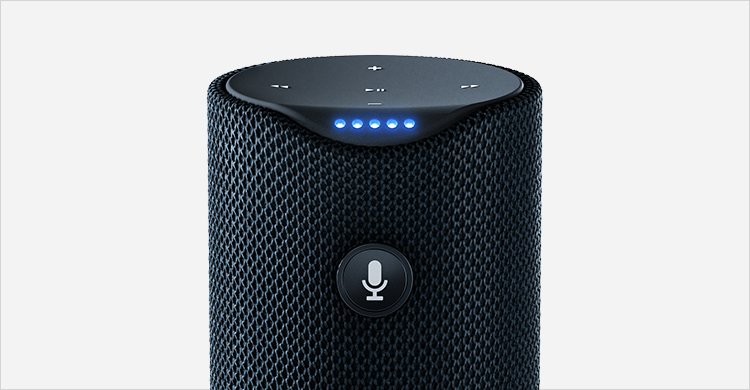
Alexa, show me the future of drug advertising? Bayer Consumer Health’s first-ever Alexa interactive ad allows consumers to buy an OTC product by talking to the Amazon device—and may foreshadow broader trends in the industry.
The U.K. ad for Bayer’s Berocca Boost, a vitamin and caffeine tablet, is running as a trial during programming streamed by Global, the EU-based broadcasting company. The mechanical-voiced radio announcer describes a cold and wintry Monday morning and the Zoom calls to come. Then she yawns—and apologizes for being tired on days like this.
And if the listener feels the same, she suggests, they can try Berocca Boost. “Switch on your Monday morning—say ‘launch Berocca Boost’ on this device now,” she says.
Launching the app brings up voice options to either order the product or hear more information about it. If the listener chooses to order, Alexa asks whether they’d like to use a default payment method and address. One yes later, Berrocca Boost is on its way and the original radio program returns.
RELATED: Bayer highlights the human value of its products in its biggest image campaign ever
While dropping an OTC product into an Amazon cart via voice app is a long way from fulfilling a physician-ordered prescription medicine the same way, the Bayer trial foreshadows what’s possible even in the more regulated pharma world.
Pharma companies and device makers have already been experimenting with voice apps to help patients track conditions or set reminders. Device maker Dexcom, for instance, has a Sugarmate skill that tracks glucose readings from a Dexcom continuous glucose monitor. Companies are also using Alexa to engage patients—like Eisai and its “Ella the Jellyfish” play and meditation skill for children with Lennox-Gastaut syndrome and their families.
With digital radio booming during the pandemic—30 million adults in the U.K. are tuning in—and many listening on smart speakers, the door for testing audio marketing like Bayer’s trial advertisement is wide open.
“There’s a real opportunity for us now to offer quite relevant and targeted messaging to our consumers,” Vicky Keenan, head of marketing for Bayer Consumer Health UK, said. Not to mention a “frictionless path to purchase” by just speaking up.
The three-week trial is winding down, but the initial results are promising. Among people who engaged with the ad, 23% purchased Berrocca Boost and 41% asked for more information, according to Bayer’s preliminary data.
Called an “actionable audio ad,” the Berocca Boost radio spot was also targeted and customized. The creative could be changed with the weather, noting wintry and cold days, for instance. It could also adjust by time of day when talking up the need for Berocca Boost on a Monday morning or Thursday afternoon.
“It’s something we’re trying not simply with the thought only for how do we scale it up only for Berroca, although that’s certainly an option, but also what do we do across other brands in our portfolio,” Keenan said, adding “even moving out of lockdown, clearly those trends in e-commerce are here to stay.”
The campaign was also a show of coordinated capabilities among Bayer agencies, she said. Mediacom, MullenLowe, SSP3, A Million Ads and Say It Now in the U.K. all played various media, creative and audio roles.
